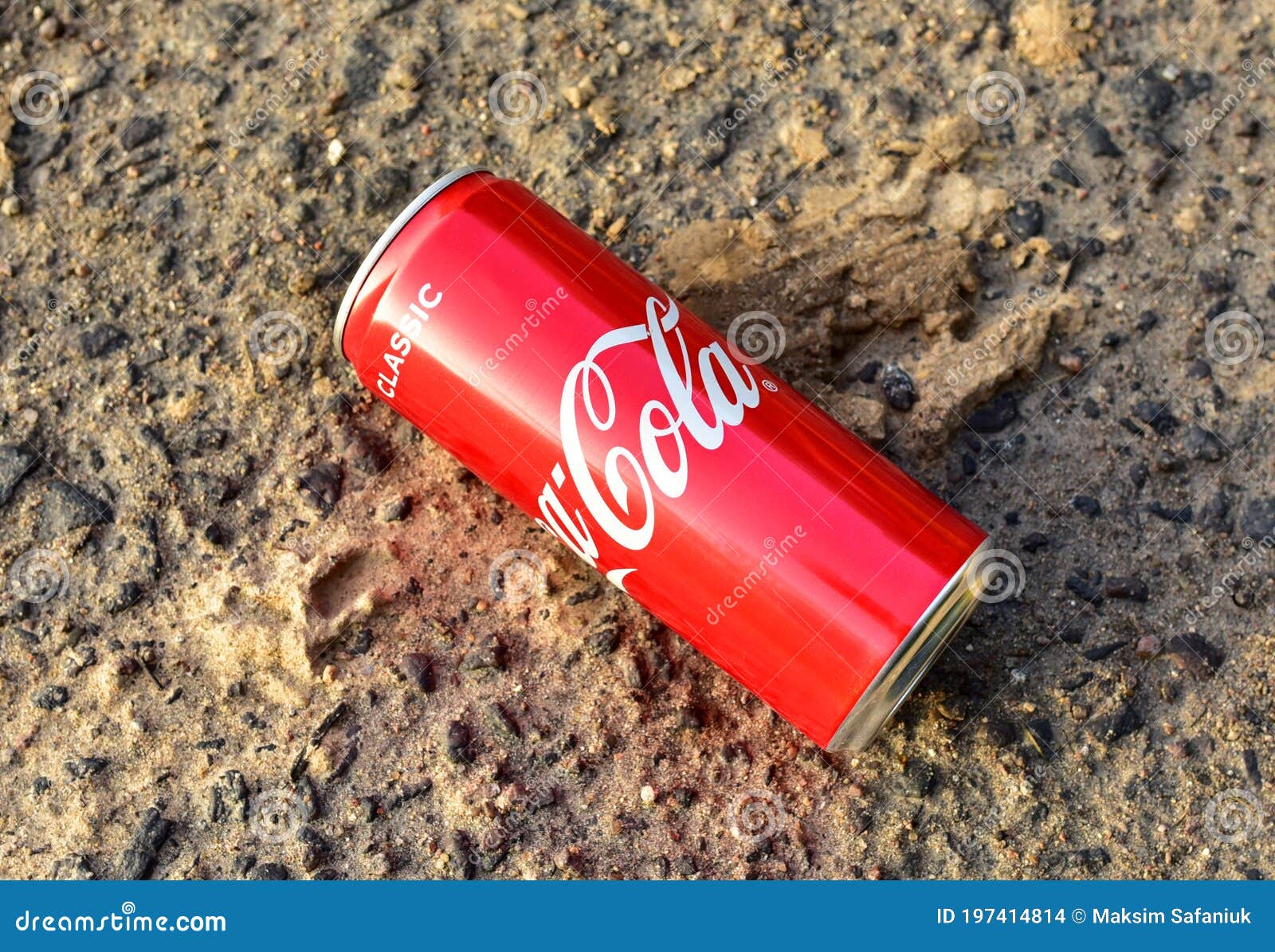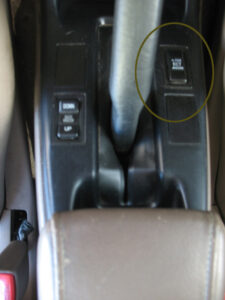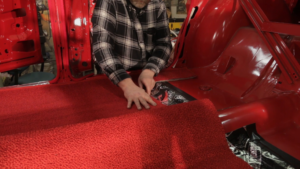When it comes to grounding materials, there are various options available. One material that often raises questions is aluminum. Can aluminum be used as a ground? Let’s dive deeper into this topic to find the answer.

Credit: www.dreamstime.com
The Challenges with Grinding Aluminum
Aluminum is a material that can cause major problems when it comes to grinding. Unlike other metals, aluminum melts easily. If you attempt to grind down aluminum, it will start to melt and coat the grinding wheel. This can lead to inefficiency and damage to both the aluminum and the equipment being used.
Grinding aluminum also poses additional hazards. The melted aluminum coating on the wheel can become combustible when exposed to heat, increasing the risk of accidents and fire. It’s important to exercise caution and follow appropriate safety measures when working with aluminum.
Other Suitable Grounding Materials
While aluminum may not be the ideal choice for grounding, there are several other materials that are commonly used for grounding purposes.
1. Copper
Copper is one of the most popular materials for grounding due to its excellent conductivity properties. It is a reliable choice and widely used in various electrical applications. Copper provides low resistance, ensuring efficient grounding and effective protection against electrical faults.
2. Steel
Steel is another suitable material for grounding, especially when it comes to equipment grounding using steel conduit. Steel offers durability and excellent conductivity, making it a practical choice for both residential and commercial applications.
3. Brass
Brass is a metal alloy composed primarily of copper and zinc. It not only provides good conductivity but also offers corrosion resistance, making it suitable for grounding in outdoor or humid environments.
Why Aluminum Is Not Preferred for Earthing
While aluminum is a conductive material, it is generally not preferred for earthing purposes. Aluminum forms a resistive coating on its surface, which prevents further degradation due to corrosion. However, this coating can lead to an increase in resistance at the junction point, where the wire is attached to the grounding rod.
Due to this increased resistance, aluminum may not provide optimal electrical conductivity for earthing applications. As a result, materials like copper and steel are commonly chosen as they offer better conductivity and reliability for grounding systems.

Credit: www.amazon.com
Frequently Asked Questions On Can Aluminum Be Used As A Ground
Can Aluminium Be Ground?
Yes, aluminium can be ground. However, it is important to note that grinding aluminium can cause it to melt easily and coat the grinding wheel. This can lead to potential issues. When grinding aluminium, it is recommended to take precautions to prevent melting and ensure safety.
What Metal Can Be Used As A Ground?
Aluminum can be used as a ground, however, it is important to note that it can easily melt and coat the grinding wheel if attempted to grind down. For earthing purposes, conducting materials can be used but aluminum is not commonly used due to the resistive coating it forms on its surface, leading to increased resistance.
It is also worth mentioning that aluminum wire requires special connectors and techniques to prevent issues such as corrosion and overheating.
Can Aluminum Be Used For Earthing?
Aluminum can be used for earthing, as all conducting materials can be used for this purpose. However, it is not commonly used due to the fact that it forms a resistive coating on its surface, leading to increased resistance at the junction point.
Other materials such as copper are preferred for earthing due to their lower resistance.
Is Aluminum Wire Good For Underground?
Aluminum wire is not recommended for underground use. While aluminum is a good conductor, it has higher resistance compared to copper, which can result in power loss. Additionally, aluminum is prone to corrosion and requires special connectors to prevent issues like overheating.
It is advisable to use copper wire for underground applications to ensure better conductivity and durability.
Can Aluminum Be Used As A Ground For Electrical Purposes?
Aluminum is not recommended for use as a ground in electrical applications. While it is a conductive material, it can form a resistive coating on its surface over time, which increases resistance at the junction point and hampers its effectiveness as a ground.
Conclusion
In conclusion, while aluminum can conduct electricity, it is not the best choice for grounding applications. The challenges with grinding aluminum and the resistive coating it forms on its surface make other materials like copper, steel, and brass more suitable for grounding purposes. It’s important to carefully consider the specific requirements of your project and choose the appropriate grounding material accordingly.





